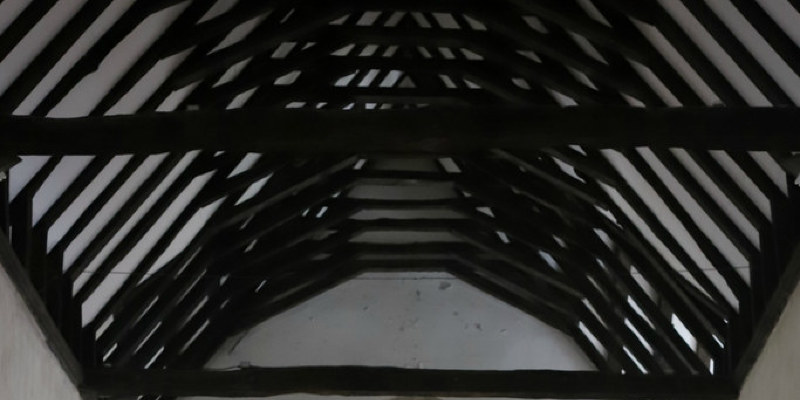Tenants are given rights in disputes or agreements with landlords in two manners. In many communities, official landlord-tenant agencies or offices oversee relationships between property owners and tenants. These offices often function under a pair of state or local ordinances governing the rights of property owners and tenants. In communities with no special landlord-tenant oversight offices, the details of the rental, and basic contract law, also provide tenants with specific rights. While the rights of tenants will be different according to the ordinances or the details of the rental, there are a couple common rights given to virtually all tenants.
Directly to Legal Enjoyment of Premises
Most leases involving property owners and tenants will grant the tenant the right to “the silent and lawful enjoyment of their assumptions ” in exchange for a timely payment of lease. This “silent and lawful enjoyment” only means that as long as a tenant pays rent, he has a right to reside within the leasing unit free from harassment or unreasonable demands by the landlord. However, if the tenant is engaging in illicit activity, is too noisy or is causing a disturbance on the property, the landlord may be able to terminate the lease and evict the tenant. This clause protects many tenants from capricious or discriminatory requirements or harassment from landlords.
Directly to Safe Premises
Almost all leases grant tenants the right to anticipate the rented property to be secure and comfortable, in accord with local housing ordinances. For instance, landlords should protect tenants from such matters as nonfunctioning central heating and ac components, leaking roofs, broken pipes and other maintenance problems that directly impact “enjoyment” of their property. Tenants have the right to demand that home owners repair such utilities instantly and at no cost to the tenants.
Right to Binding Terms
A lease is a legal document, a binding contract, which home owners in addition to tenants need to honor. If a landlord breaks the terms of a lease, tenants have the right to file a complaint with a regional landlord-tenant bureau or take the matter to small claims court. In some cases, tenants may lawfully withhold payment of rents before the government decide the matter. In “violation of contract” cases, tenants might be permitted to terminate their lease and could be awarded compensations–for example return of a safety deposit–if a landlord willfully violates a legal rental.
Limited Right to Withhold Rent
In a some communities, tenants have the right to withhold rent from a landlord for various legitimate reasons, as long as the tenants inform the landlord of the intention in advance. In other communities, tenants might need to submit a complaint or a note with a landlord-tenant bureau so as to withhold rent lawfully. Legitimate reasons for withholding lease would include damages for repairs that the tenant made into the premises in an emergency or in the event the landlord didn’t make the repairs promptly.
Directly to Lifestyle
Provided that the tenant is engaging in no illegal action, she’s the entire right to live the life of her choice, without interference or danger from her spouse. Applicants should assess the terms of their lease. In the event the lease prohibits smoking, the keeping of pets or the painting of walls, these are reasonable demands she needs to follow. Other reasonable demands might include prohibitions against loud music, large parties or use of a residential unit for a place of business. Property owners typically don’t have the right to limit overnight guests unless it’s clear the “overnight guest” is a really permanent roommate–one not defined on the lease–that the lease may prohibit.
Right to Privacy and Control of Property
While all landlords are allowed the right to enter rented premises for the purpose of conducting maintenance work, many landlord-tenant laws say that the landlord must inform the tenant of the need in advance and must limit the trip to within hours, except in emergency situations. Landlords are usually not permitted to enter the premises for any other reason. Landlords aren’t permitted to eliminate property belonging to the tenant from the rented unit for virtually any reason.
